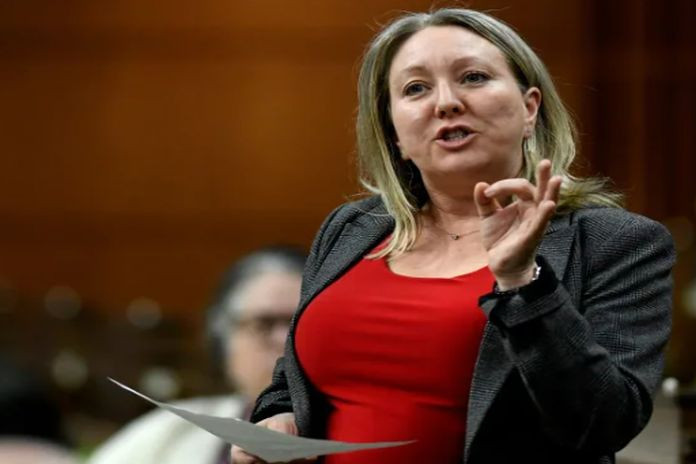OTTAWA, Canada – The government of Canada and the Public Service Alliance of Canada (PSAC) announced Monday, that tentative agreements have been reached at the bargaining table. Upon ratification, these agreements will apply to approximately 120,000 employees in the EB (Education and Library), PA (Program and Administrative), SV (Operational Services), and TC (Technical Services) bargaining units in the Core Public Administration (CPA). Employees in these groups will return to work May 1.
“We are pleased to have reached tentative agreements with the Public Service Alliance of Canada for the Core Public Administration after many weeks of hard work, negotiation, and compromise. The best deals are reached at the bargaining table – we respect the right to negotiate and appreciate Canadians’ patience and understanding over the past two weeks. We are deeply grateful for public servants who work hard across the country to serve Canadians and look forward to welcoming them back. These deals are fair, competitive, and reasonable, and bring stability to public servants and Canadians,” said Mona Fortier, president of the treasury board.
Over the past month, both sides spent long hours at the bargaining table to find solutions and common ground. In the end, we reached fair, competitive agreements for employees that are reasonable for Canadians. We are grateful for the efforts of everyone involved that helped us reach this outcome.
Building on the third-party Public Interest Commission recommendations, the agreements include wage increases of 11.5 percent over four years, retroactive to 2021 and that will cover periods until summer 2025. The third year also includes a group-specific allowance of 0.5 percent. Employees would also see a number of group-specific improvements over the life of the agreement, as well as a one-time payment of $2,500.
These agreements address all key priorities put forward by the PSAC. In addition, they include improved provisions, around leave with pay for family-related responsibilities for example. They also include measures to further support employment equity, diversity, and inclusion, such as a new benefit for Indigenous employees who will now have access to paid leave to participate in traditional practices.
This new provision represents another important step in our reconciliation journey and supports our ongoing efforts to create healthy workplaces.
The government of Canada continues to be committed to a modern, hybrid workplace that provides employees, where applicable, with the flexibility to continue to work up to three days from home a week. Outside of the collective agreements, we reached a tentative settlement on telework to the satisfaction of both parties.
We agreed to undertake a review of the directive on Telework, and to create departmental panels to advise deputy heads regarding employee concerns. Once the agreements are approved and ratified, employees will see wage enhancements within agreed timelines.
The government of Canada continues to negotiate in good faith with 20 out of 28 bargaining units across the public service, with six agreements now reached, representing approximately 55 percent of public servants in the CPA. We are confident that we can continue to reach fair, reasonable collective agreements with the remaining groups. Negotiations with the Union of Taxation Employees are managed by the Canada Revenue Agency, a separate agency.
Source: Treasury Board of Canada Secretariat





